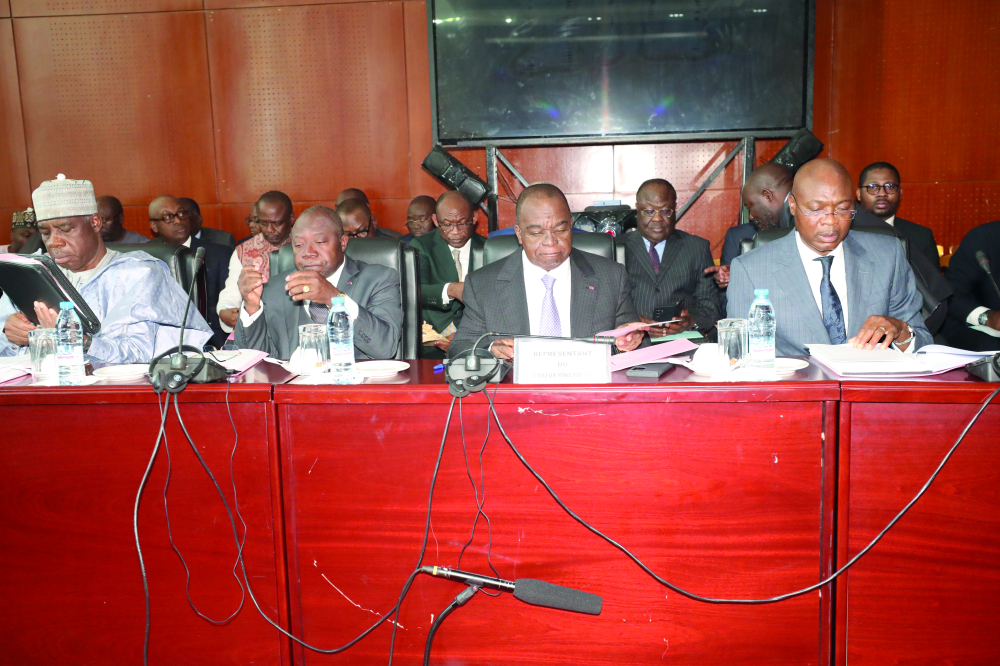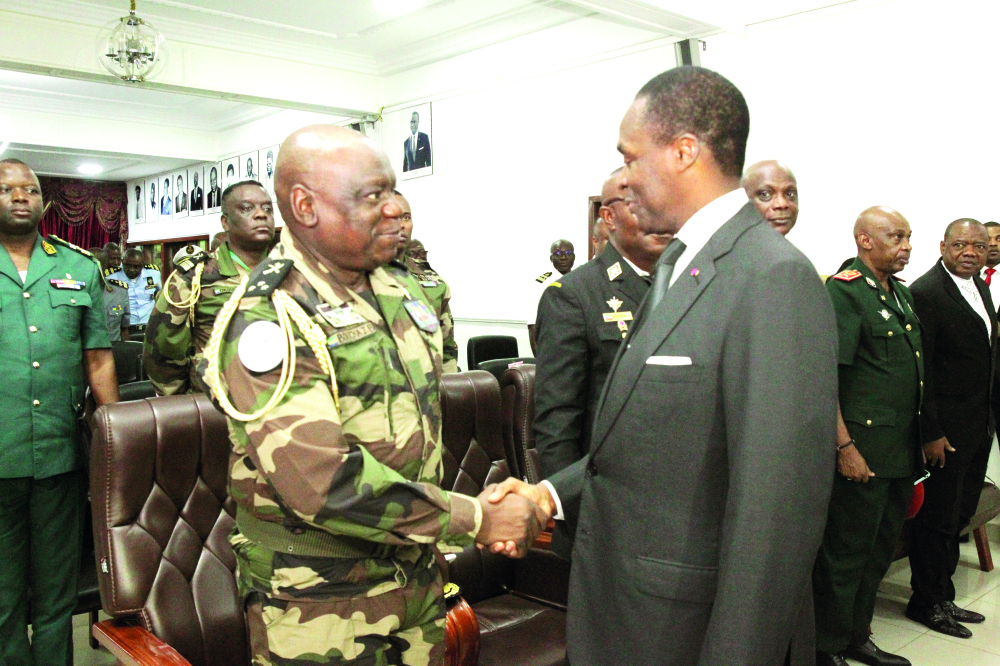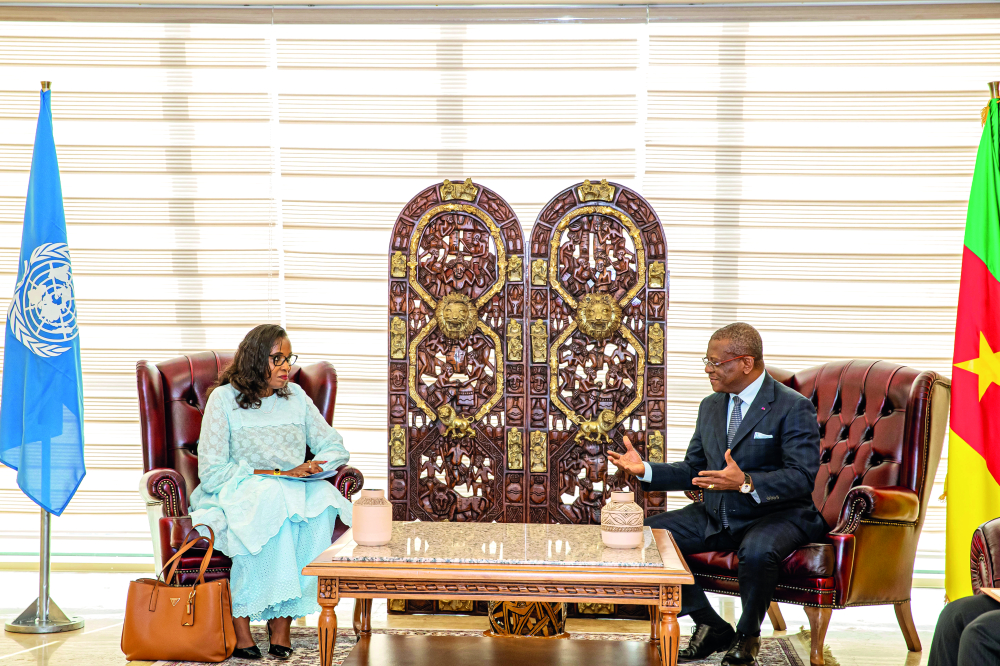The Ultimate Act To Save Our Children!
- Par LIENGU ETAKA ESONG
- 29 déc. 2016 09:52
- 0 Likes
A few tabloids had predicted a showdown between government representatives and those of the English-speaking teachers’ trade unions before the two sides began their meeting in Bamenda last Tuesday.
Everything seemed to have countered that feeling until what can be considered a detail came to spoil the soup as it were. The strenuous effort to bring together four members of government and representatives of the teachers under one roof for a fruitful discussion suddenly became complicated when some of the trade unionists put up a new conditionality: participation of their colleagues from the South-West, release of “kidnapped and detained children” following the recent violence in Bamenda.
When deliberations started in the Governor’s conference hall at about 11 am, the sheer act was seen as a major breakthrough in the running rumpus which has kept primary and secondary school pupils and students out of class for the past two months and raised much hope about the possibility of ending the impasse and getting these children back to school for the second term.
For many long years, it was the first time the problems wrecking the Anglophone sub-system of education were going to be addressed at such a high level with the principal stakeholders – including the Ministers of Higher Education, Secondary Education and Primary Education – physically present and under one roof. This come together was seen by many as a vindication of the government’s desire, for once and, probably for all, to squarely address the nagging problems encountered by the English Language sub-system of education in the country.
The high hopes raised by the meeting suddenly took a wrong twist when some representatives of the teachers’ unions staged a walk out at about 2 PM insisting that the conditions mentioned above had to be fulfilled before their participation could continue. To fully grasp the gravity of the act posed by the teachers, one must take a fast review of what has happened before the Bamenda meeting.
The government literally accepted all the eleven points proposed for discussion by the unions; so did it accept the timelines set by them and the Prime Minister’s Office has treated every issue relating the situation with expediency. When the three members of government were coming to Bamenda, it was understood that discussions were to be focused on the agenda proposed, in the first place, by the teachers.
How come it then that a detail, unconnected with the future of the Anglophone sub-system of education suddenly came into the fray, to the extent of blocking deliberations and causing an avoidable stalemate in a movement that had begu...
Cet article complet est réservé aux abonnés
Déjà abonné ? Identifiez-vous >
Accédez en illimité à Cameroon Tribune Digital à partir de 26250 FCFA
Je M'abonne1 minute suffit pour vous abonner à Cameroon Tribune Digital !
- Votre numéro spécial cameroon-tribune en version numérique
- Des encarts
- Des appels d'offres exclusives
- D'avant-première (accès 24h avant la publication)
- Des éditions consultables sur tous supports (smartphone, tablettes, PC)
















Commentaires